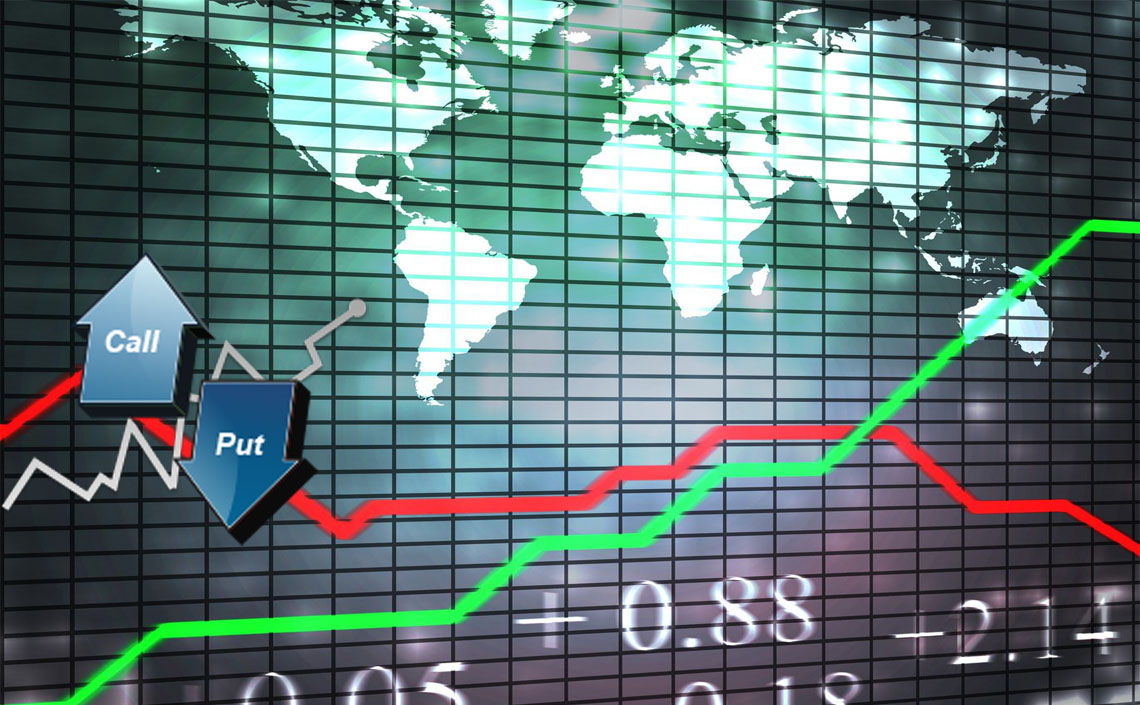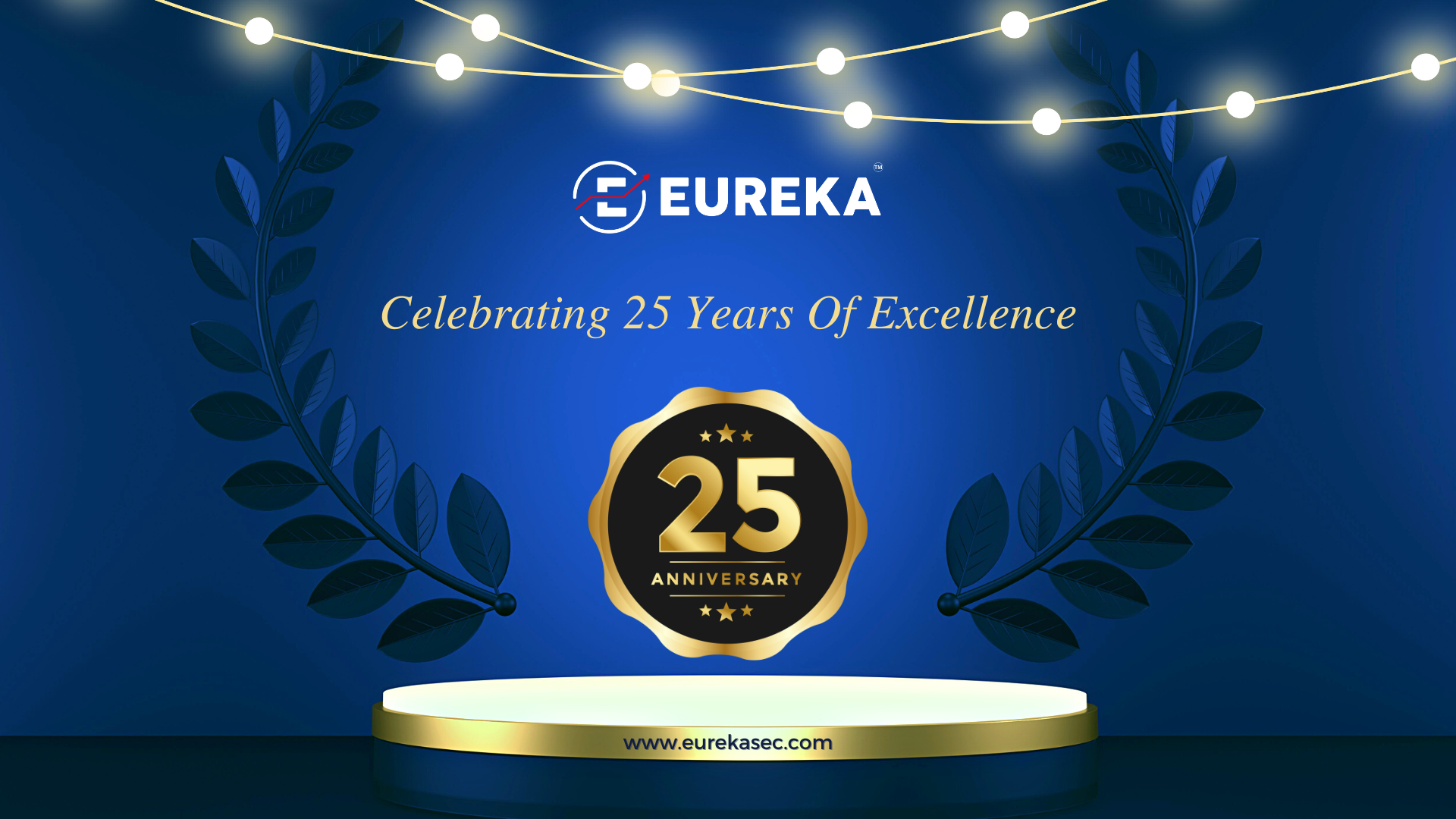
“An Option is a contract that gives the buyer the right but not the obligation…………”
You might have seen the above words several times but were not able to enter into the world of Options. Either you remained reluctant about Options or made fruitless attempt. Many of you might have treated Options just as a low cost casino. Let us understand ‘Options’ using a different example.
Suppose you want to buy a piece of land. Unfortunately, you do not have enough cash to buy it right now and you would get the cash after a month. You talk to the land owner and propose a deal – that the land owner will wait for you for one month and after one month you may or may not buy the land, it would be your option. If you buy, then the price would be Rs. 10 lakhs. However, the land owner would be at loss, if you did not buy the land after one month. So, you agree to pay a sum of Rs. 50,000 right now. If you buy the land after one month, you would need to pay Rs 10 lakhs but if you do not buy the land after one month, the amount of Rs. 50,000 would be forfeited.
Now, consider two cases which might happen during next one month.
Case 1: Due to some reason, the price of the land skyrockets and the landowner can now sell the land for a price of Rs. 20 lakhs but he is obliged to sell it to you for a price of only Rs. 10 lakhs. So, you are at profit of Rs. 9.5 lakhs (Rs. 20 Lakhs – Rs. 10 Lakhs – Rs. 50,000).
Case 2: Another scenario may arise that after researching, you find out that the land is litigated and you might face problems in the future if you buy the land. You decided not to buy the land because you do not have any obligation to buy as per the deal. In that case your loss would be limited to the extent of Rs. 50,000.
Now, we would read the conventional definition of Option once again.
“A Call Option is a contract that gives the buyer the right, but not the obligation, to buy a security or other financial asset at an agreed-upon price during a certain period of time or on a specific date.”
In the above example, you are a buyer of an Option, where you are buying the right to buy the land for a fixed price of Rs. 10 lakhs after one month but you do not have the obligation to buy the land, you may buy or you may not buy, it is your option. If you do not buy, you will lose only the initial amount which you agreed to pay.
The above example demonstrates that the deal is based on the land which is the underlying asset, so the Option i.e., the deal or, more formally, the contract is a Derivative, which derives its value from the underlying asset. In Financial Markets, the underlying asset is usually a Stock or an Index or a Currency.
In the above example, the transaction price which was agreed between you and the land owner (Rs. 10 lakhs) is called the Strike Price in Option terminology. The tenure of the agreement (one month) is called the Series. The day on which the contract comes to an end, when you actually buy the land by paying the Strike Price or you intimate the land owner that you will not buy, is called the Expiry Day. The amount which you agreed to pay to the land owner initially (Rs. 50,000) is called the Premium. The above mentioned deal is an example of a Call Option, since you anticipated before entering into the contract that the price of the house would rise much more in future than the strike price i.e., Rs. 10 lakhs.
So, as a buyer of Call Option, your risk is limited to the extent of Rs. 50,000 but your gain is unlimited because if you buy the land (assume that the search result about the land is good) the land price could appreciate further in the future.
Similarly, if you buy any option on the anticipation that the price of the underlying asset will come down significantly, the said option is called a Put Option.
In the derivatives market, Option is widely traded in Stocks and Indices, However, the underlying asset i.e., the Stock is not traded, the contract which derives the value from the underlying stock, is traded. If you buy any Stock, in the Spot market (also called cash market); you would become the part owner of the company. There is no contract, no expiry and you could own the stock for an indefinite period as you wish. In Derivatives Market, only the contract is traded, which has a future value and the contract comes to an end after a certain period, hence you do not own the stock. A Contract in our derivatives market has tenure of one month and expires on the last Thursday of every month.
In the above example, the deal is negotiated in such a way that if you buy (or may not buy) the land after one month for the price of Rs. 10 Lakhs, you need to pay Rs. 50,000 right now. However, there could be multiple choices with respect to the deal pricing;
| If Strike Price is | Then Premium is |
| Rs 10 lakhs | Rs. 50,000 |
| Rs 12 lakhs | Rs. 40,000 |
| Rs 15 lakhs | Rs. 30,000 |
| Rs 18 lakhs | Rs. 20,000 |
So, there could be different Strike Prices for the same underlying asset with different premium amounts. In an Option Market, we see different Strike Prices and different Premiums thereof. Now it is up to you, which strike price you will chose.
Your success as an Option Buyer largely depends upon the choice of Strike Price. The speculation comes in here – what would be the price appreciation or price direction of the underlying stock. How much will it appreciate? And, how fast?
To be continued…







